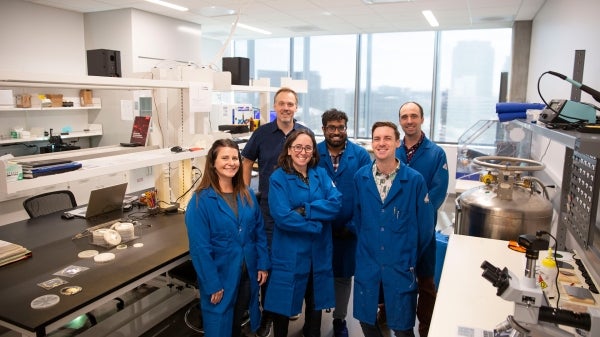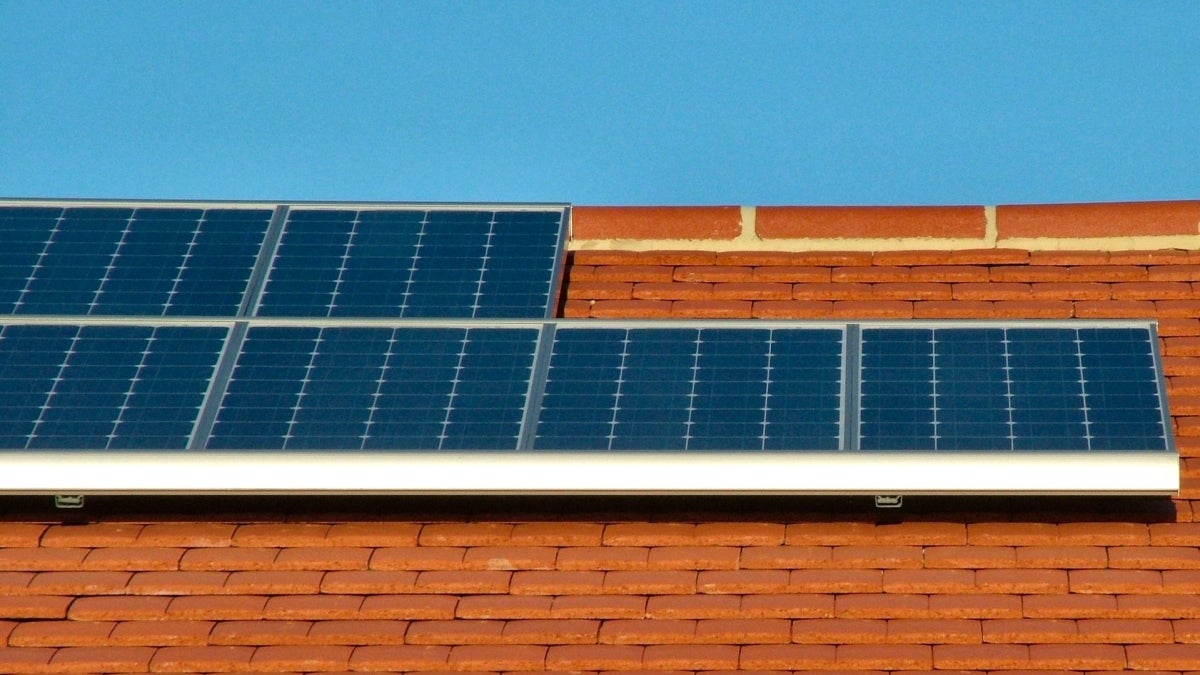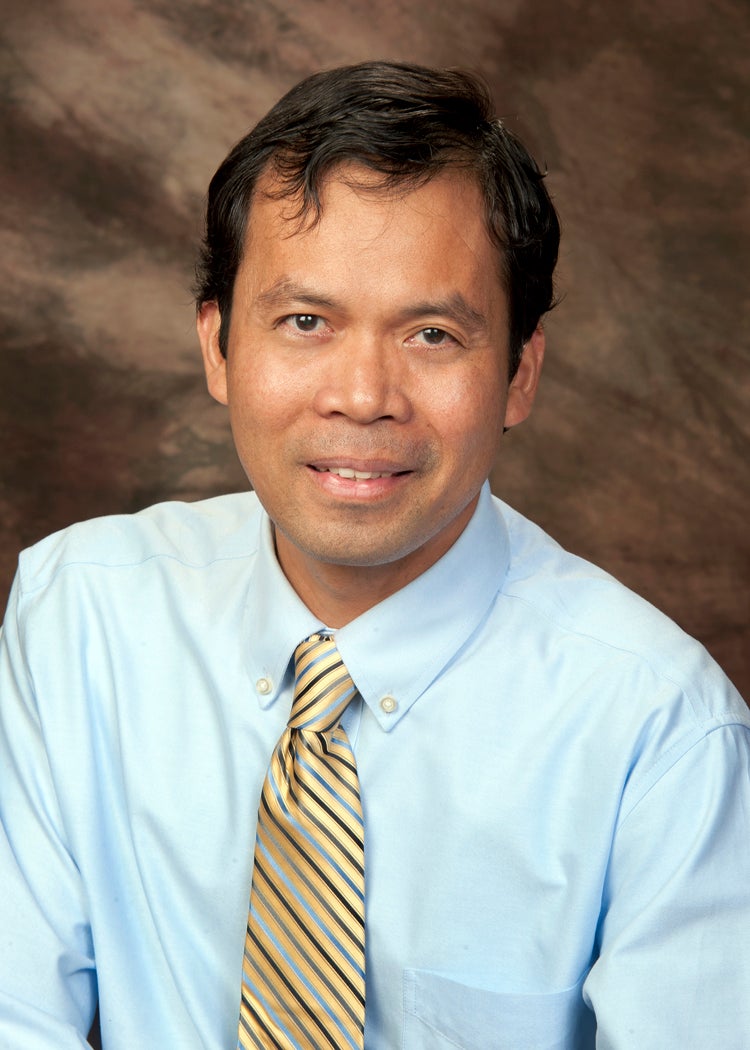Datu Buyung Agusdinata
Researchers at Arizona State University are working to use a role-playing game to show the effects of sustainability efforts in the home.
The project, funded with a $3 million grant from the National Science Foundation, seeks to help everyday people understand how their personal choices affect the planet.
Leading ASU’s effort is Datu Buyung Agusdinata, an assistant professor in the ASU School of Sustainability and a senior sustainability scientist in the Julie Ann Wrigley Global Institute of Sustainability.
Agusdinata discussed the work and its importance, saying personal consumption of food, energy and water can affect everything from the environment to income inequality.
Question: What are the project’s goals?
Answer: The project focuses on addressing our over-consumption of food, energy and water. The problem has caused ecosystem degradation, resource scarcity and growing income inequality.
Household activities account for more than a quarter of U.S. energy use and 41 percent of carbon emission.
Food consumption contributes between 15 percent and 28 percent to total greenhouse gas emissions.
The greenhouse gas intensity of the typical U.S. household’s food, energy and water consumption is an opportunity to mitigate climate change.
Q: Why would this appeal to the general public?
A: The project tackles a real issue that is intimately close to us as we consume, and unintentionally over consume, food, energy and water every day.
The solutions are within our capacity to act and make an impact.
The project will identify and recommend concrete and cost-effective interventions, including technology and policy, to conserve resources that will lead to sustainable consumption.
The ASU team will actively engage with stakeholders and the general public throughout the project. They will be invited to participate in interactive role-playing scenarios that include homeowners, food, energy and water producers, and policy makers.
Q: What's ASU’s role?
A: The ASU team will develop and conduct role-playing game activities to find ways to reduce consumption.
The game allows players to assume the roles of computer characters in various settings.
Their actions will reveal preferences and intentions, and suggest what individuals may do given certain conditions in a safe but realistic environment.
Given these capabilities, the role-playing game allows for testing different options for behavior change.
ASU researchers will contribute to the overall project goal to understand human household decision-making behaviors responding to framing and psychological cues — specifically feedback and messaging — and social norms.
The team also will incorporate eco-feedback information generated by innovative consumption-tracking technology and advanced life cycle assessment models, and climate, technology and policy scenarios into role-playing games and simulations.
We'll also leverage systems thinking and perspectives, and gaming and simulation tools to learn and better understand complex interdependencies and interactions among natural, social and engineered systems within the food, energy and water nexus.
Q: How?
A: The RPG module will be incorporated into existing courses in the institutions involved, including ASU, Pennsylvania State University, Rutgers University and the University of Minnesota. Michigan Tech University is the lead on the project. Joint sessions will be conducted in which students of American and Dutch Universities will play the game.
More importantly, RPGs will be used to engage with relevant stakeholders and the wider public to educate and inform them about what can be done to reduce consumption and environmental impact.
More Science and technology

ASU professor honored with prestigious award for being a cybersecurity trailblazer
At first, he thought it was a drill.On Sept. 11, 2001, Gail-Joon Ahn sat in a conference room in Fort Meade, Maryland. The cybersecurity researcher was part of a group that had been invited…

Training stellar students to secure semiconductors
In the wetlands of King’s Bay, Georgia, the sail of a nuclear-powered Trident II Submarine laden with sophisticated computer equipment juts out of the marshy waters. In a medical center, a cardiac…

ASU startup Crystal Sonic wins Natcast pitch competition
Crystal Sonic, an Arizona State University startup, won first place and $25,000 at the 2024 Natcast Startup Pitch Competition at the National Semiconductor Technology Center Symposium, or NSTC…

